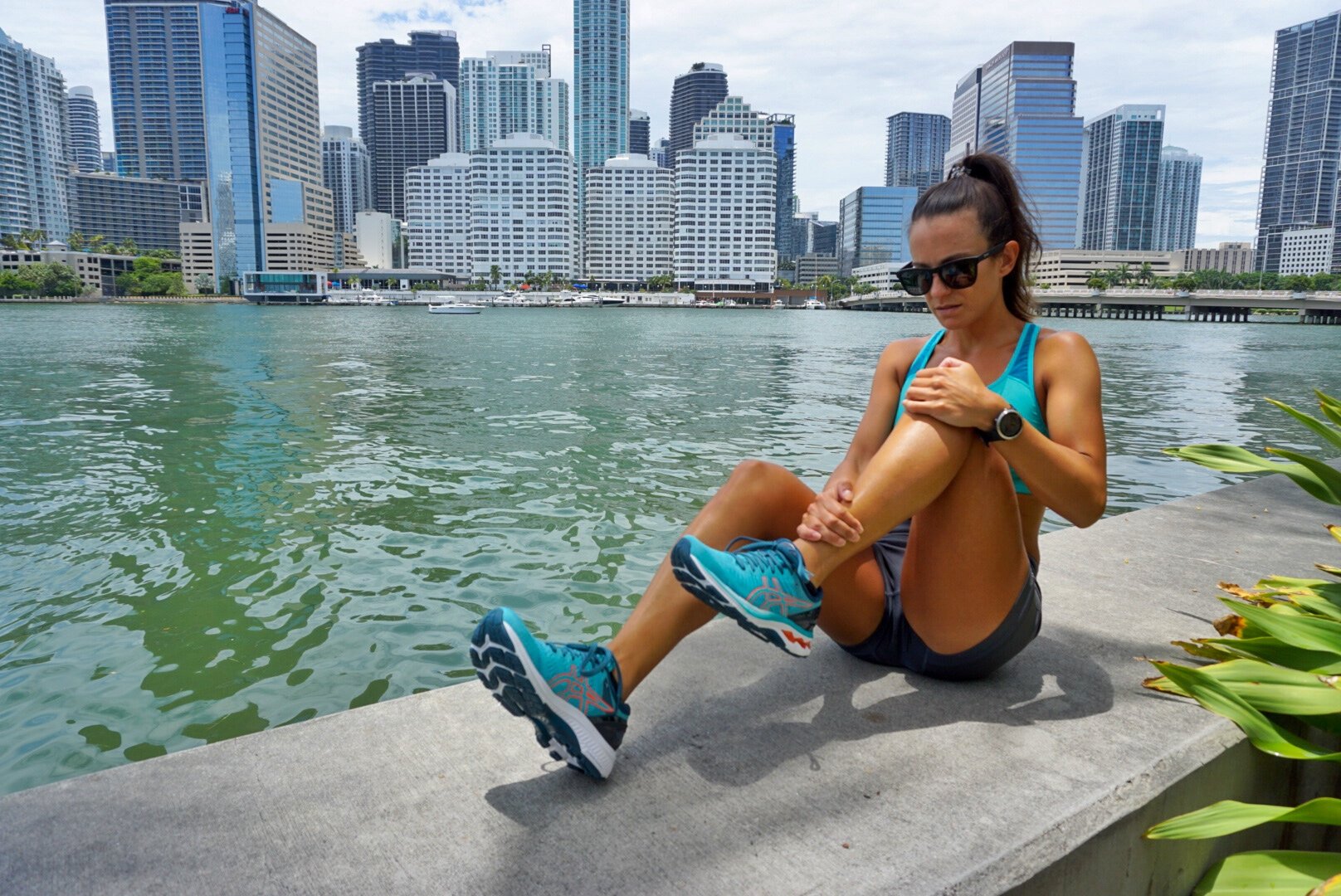No matter what difficulty this year has brought, the wintertime can still be enjoyable and end on a productive note. The change in lifestyle we’ve all had to deal with during 2020 has sure brought about an immense amount of stress for everyone. The change to a work-from-home situation seemed like a less stressful option, but in reality most of us loss a sense of structure to our days. It also has not been easy dealing with having to be socially distant from our families and friends, but hopefully knowing we are doing this for the good of their health makes it a bit of an easier choice.
Will We Ever Race Again?
That has been the question of the year for runners! It went from having our big spring races canceled to basically being without in-person races the entire year. It looks like the beginning of 2021 won’t be any different, so the near future planning of running goals is making most of us unmotivated to get in our training runs every day. During this season of the year, it will be most important to work on mental strength more than anything. It will take effort, but trying to put aside all of the stressors that we cannot control, is the key to getting back into the rhythm of taking care of our bodies. After all, exercise plays a pretty big role in stress management and immunity—a big focus with the current viral pandemic.
Since I’ve had a very long base building phase this year, I had a vision of using it to improve my endurance and work on weaknesses. Six months passed and I realized the anxiety of the life changes made me less focused on these goals. One of the most unwanted side effects of stress is lack of energy, and it was what was affecting me the most. Thankfully I turned to MitoQ and I’ve not only had optimal energy all day, but after taking a good amount of time off recently, my fitness has returned much quicker than ever before! I’m sleeping better and feel I can focus much more on my work without a problem.
MitoQ is a powerful antioxidant that works to limit the damage in our cells’ mitochondria—the powerhouse of the cells, and keeps them fired up for any activity. By doing this, it helps improve our stress levels, energy, sleep quality, digestion, immunity and reduce recovery times after hard workouts, since these are all jobs of the mitochondria. All it takes is two capsules in the morning before eating and you’ve got a productive day ahead of you!
Tips for Getting and Staying Healthy
Below are just a few of my go-to tactics when trying to remain focused and motivated to tackle my running and work goals.
Move every day for at least 20 minutes.
Eat the rainbow! Keep a diet that has foods from every food group as many days as you can. But don’t deprive yourself—eating what we like every once in a while can be a stress-reliever!
Incorporate supplements in your diet where you need them, and make sure they are supplements that have been clinically studied, such as MitoQ.
Prioritize sleep and stress management: set aside time every day for yourself—to read, soak in the tub, or do some yoga.
Don’t let what’s going on around you make you anxious—control what you can control and let the rest be!
Are you interested in beating stress, improving your fitness performance, and keeping your body healthy from the inside out? Click here to learn more about MitoQ’s benefits and how easy it is to feel your best all day with this powerful antioxidant!
Sponsored by MitoQ. All opinions are my own.









